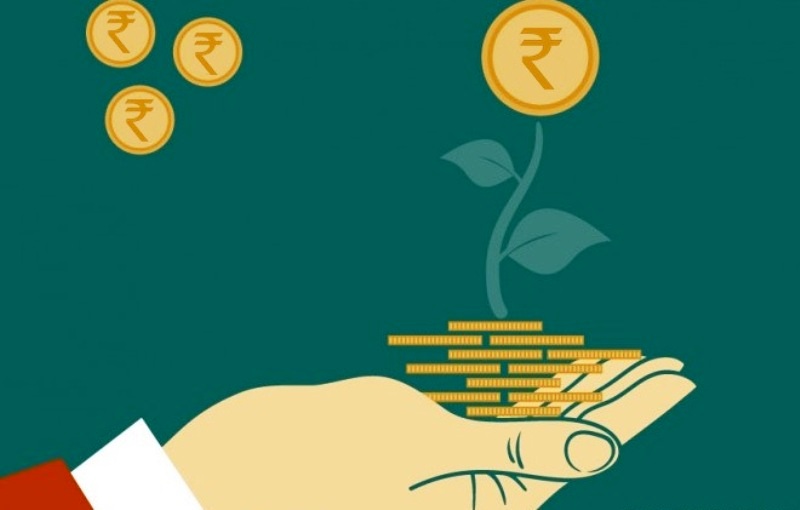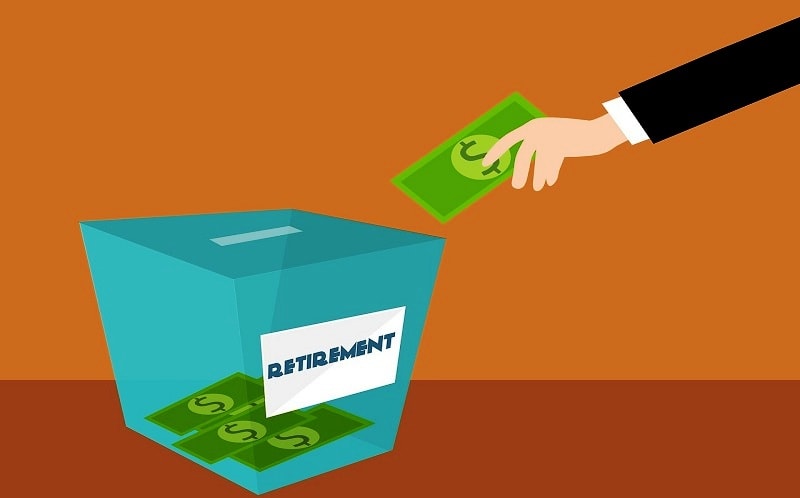Personal finance happens to be those human activities that through decision-making: move, control, use, and manage money and other valuable resources.
Finance takes care of the monetary aspect of the economy. The three major areas of finance are public finance, corporate finance, and personal finance.
What is Personal Finance?
They are the knowledge and application of the basic concepts of finance, which, applied to the personal economy, can help to have better results in your savings and investments. So you must keep in mind that, in addition to work, the most common way to increase your wealth is through savings and investment.
Personal Finance Administration
The maximum objective of personal finances: is to achieve a patrimony that allows us to live in peace, knowing that you have enough money to be able to face the expenses that by necessity or for pleasure, you wish to carry out in the future. Success requires that you have certain knowledge and information about economic conditions, financial factors, and calculations that you are probably not familiar with. Therefore, they must be studied and understood in the best way.
Elements of Personal Finance
What to buy? All people are permanently spending their resources on different goods and services. People, given that they have limited resources, must make decisions about what goods and services to buy at each opportunity. This implies that people must prioritize what they should acquire, then what they want to acquire, and finally what is not enough given their possibilities.
When to buy? In every decision, a deadline is committed. You can buy a good today, in the near time, or in 20 years, depending on the topic in question. For example: generally where to spend the holidays is decided before the end of the year.
How to pay for it? Financing mechanisms are increasingly diverse and the financing decision becomes more complex. The important thing is to consider the resources available to face the cost of consumption or non-consumption.
Personal Finance Factors
- Value of money (some have more, some less)
- Income level
- Fixed Minimum Expense
- Expenses of each person (hierarchized)
- Variety of investment alternatives (indebtedness)
- Financial Planning
The key component of personal finance happens to be financial planning, which is a dynamic process that requires regular monitoring and evaluation. In general, there are five steps:
Evaluation: A person’s financial situation is evaluated by compiling simplified versions of the financial statements, including balance sheets and income statements. The values of personal assets (for example, car, home, clothing, stocks, bank accounts) are shown on a personal balance sheet, along with personal liabilities (for example, credit card debt, bank loans, mortgages). A personal income statement lists personal income and expenses.
Goal setting: Having multiple goals is common, including a mix of short and long-term goals. Setting financial goals helps direct financial planning.
Creation of the plan: The financial plan details how to carry out the objectives. It could include, for example, reducing unnecessary expenses, increasing job returns, or investing in the stock market.
Execution: Requires discipline and perseverance. Many people get help from professionals like accountants, financial advisers, investment advisers, and lawyers.
Surveillance and re-evaluation: As time passes, the financial plan is monitored for possible adjustments or re-evaluations, as well as a previous contingency plan for special cases.
Steps to organize your expenses
- First step: Get organized, and define your goals. Keep in mind that they must be real, quantifiable, evaluable, and have a deadline
- Step Two: Calculate your income. To order, it is vital to know how much money you have or will have.
- Step Three: Calculate your monthly fixed cost.
Practical tips
Consider within your costs the payment of debts with different entities (always try to pay on time, avoid paying interest).
Consider a reasonable margin for contingencies, vacations, charity, etc. according to your own needs and preferences.
See if your income is higher or lower than your fixed costs.
If what you expect to receive as income is less than what you must pay, start by reducing your commitments.
Incorporates, as a new amount of expenses, a reasonable amount of savings.
Credit History
It is a record of credit behavior, it is the note that a person has within the financial system.
This registry is managed by the Credit Bureau, a private company that receives timely, reliable, and secure information from people and companies that have had or have some type of credit.
Advantages of a Good Credit History
- Benefits of being a punctual payer.
- It gives access to greater credit.
- Financial companies can grant discounts on interest rates.
Last Words
It happens to be now a trend among many companies that are in the process of selecting talent, verifying if their future employees are in a credit bureau. Thus, if one has a good financial record, one can also be considered for a job.






























